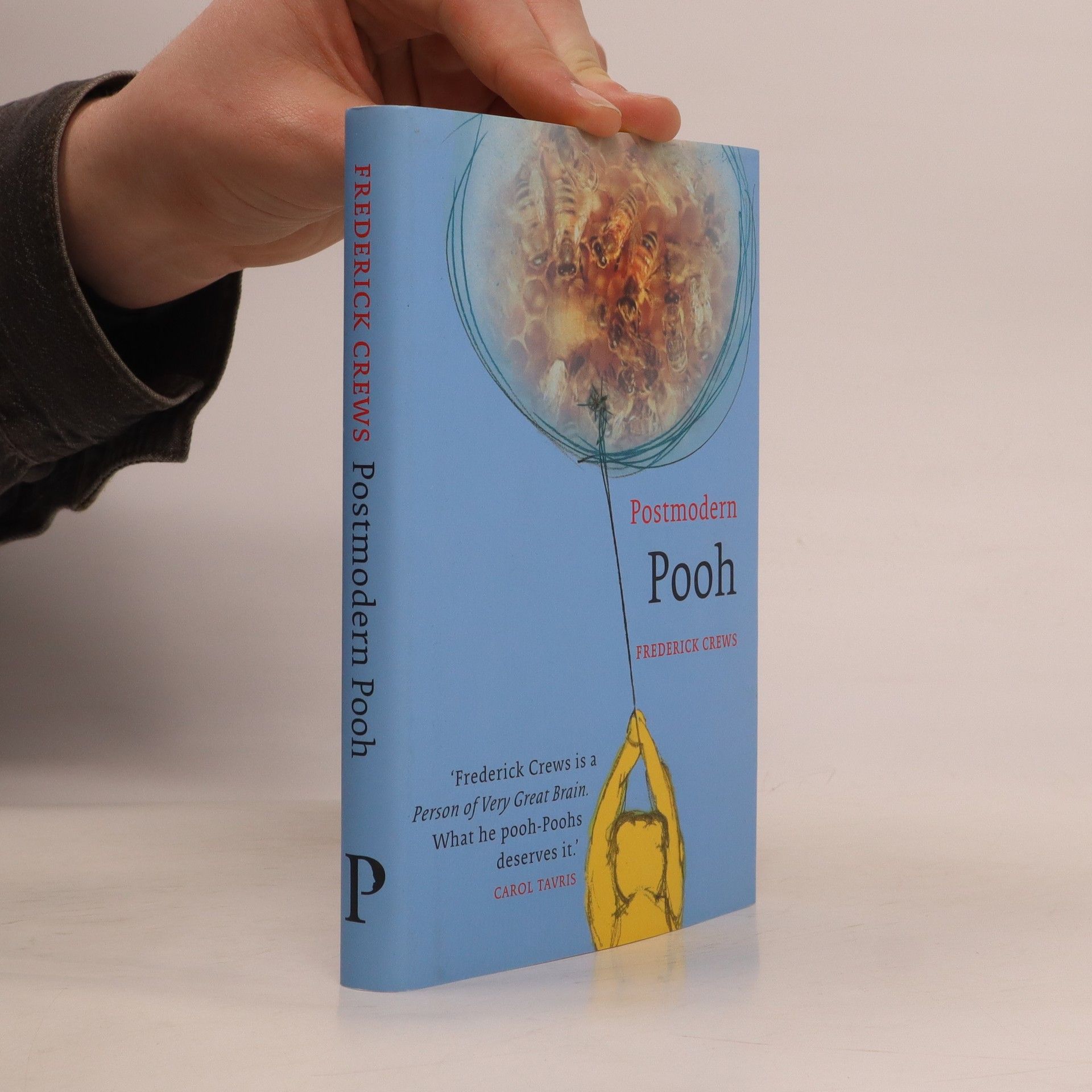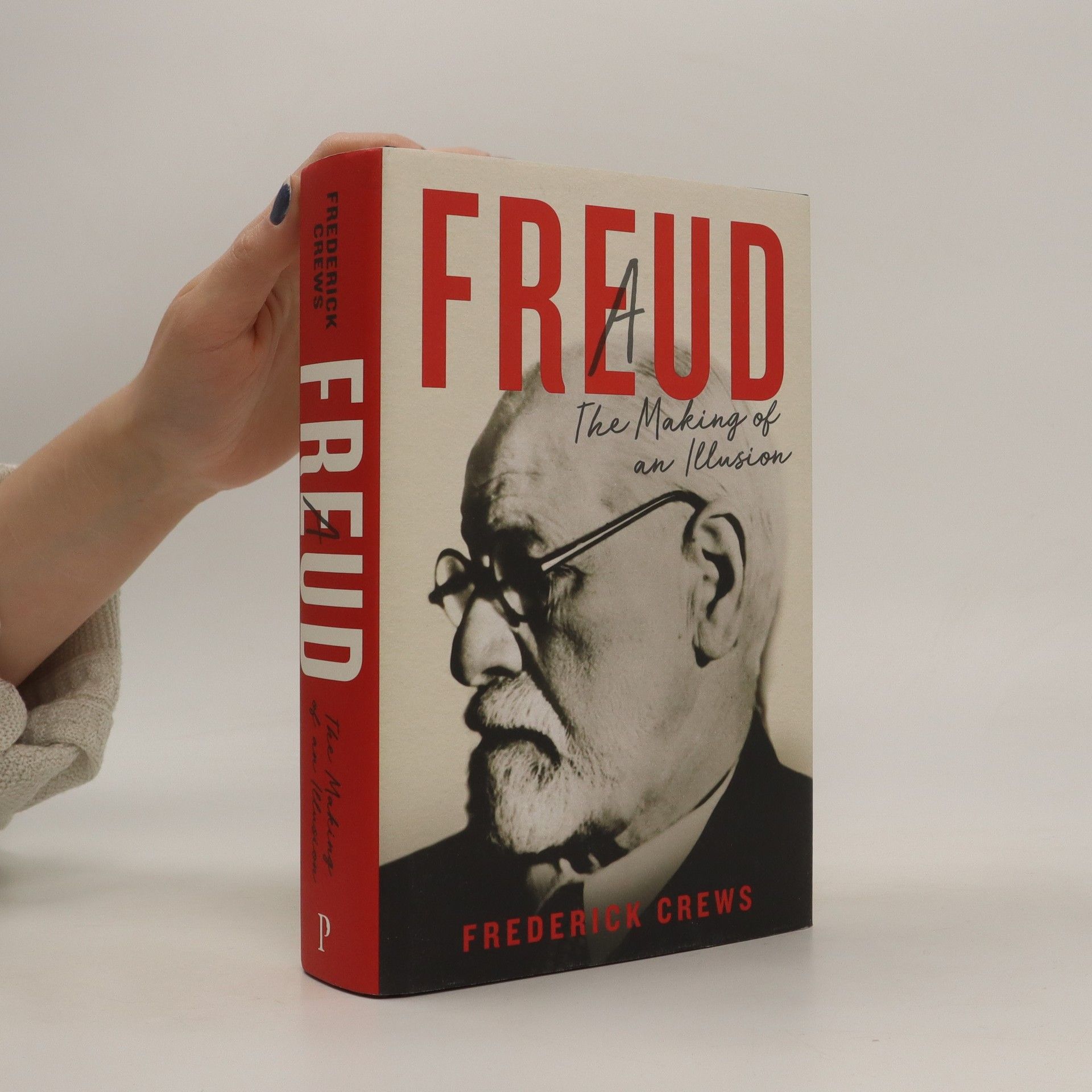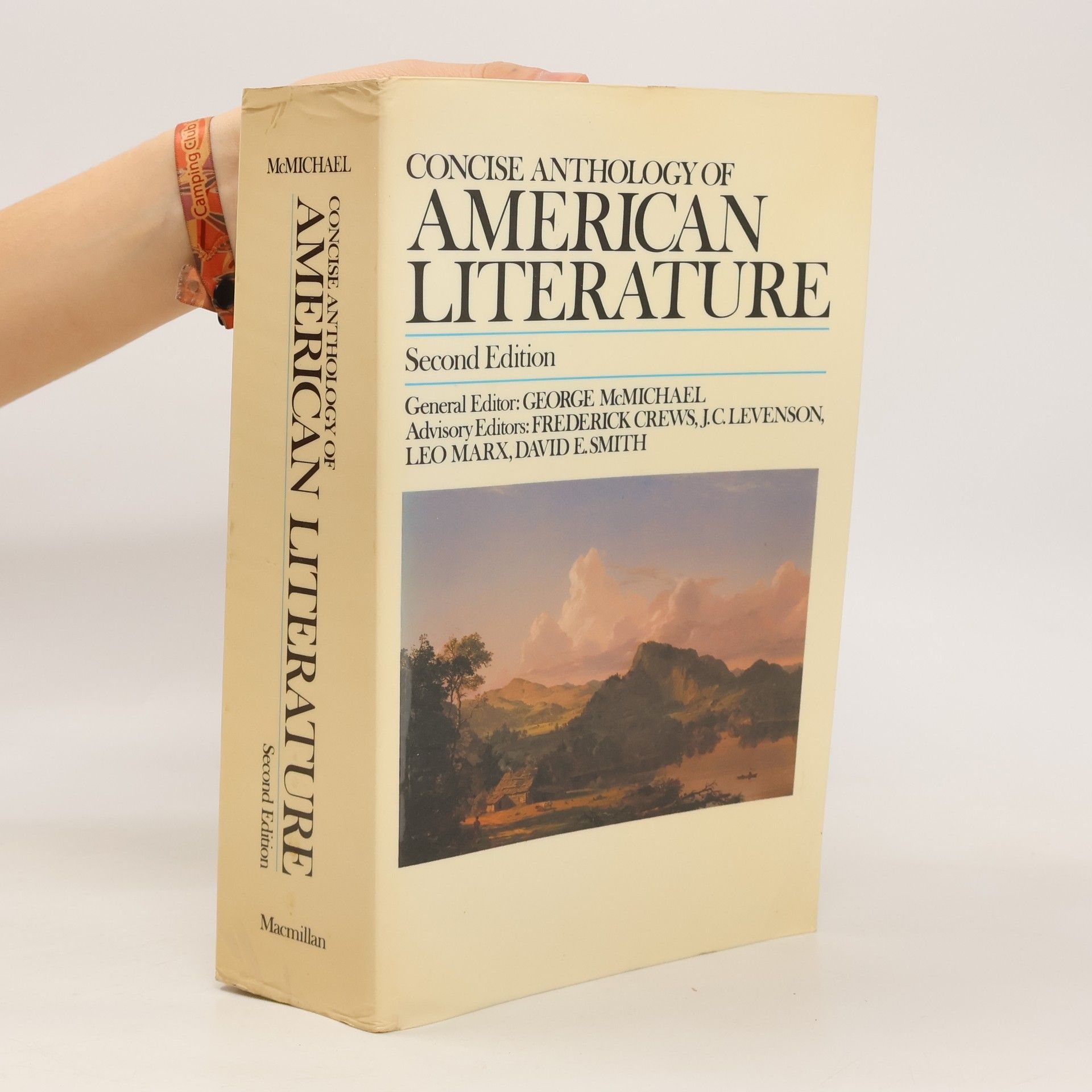This consise anthology offers a balanced approach to the enjoyment of reading American literature.Over 20 new authors representing diverse cultural backgrounds allow students to read about unique experiences through the eyes of esteemed writers including Sonia Sanchez, Sherman Alexie, Maxine Hong Kingston, and Frances E.W. Harper. New historical documents, including the romantic letters exchanged by John and Abigail Adams and an account of the Vietnam War through the eyes of a young soldier, provide an understanding for student readers. Four groundbreaking dramas (from the 18th century: "Slaves in Algiers," by Susanna Haswell Rowson; from the 19th century: "The Escape, " by William Wells Brown; from the early 20th century: "Trifles," by Susan Glaspell; and from the late 20th century: "Fences," by August Wilson) help students understand the role of theater in America through the centuries. Speeches by Legendary Leaders include Martin Luther King s unforgettable I Have a Dream speech and Booker T. Washington s historical Atlanta Exposition Address in addition to Barack Obama s 2009 Inaugural Address."
Frederick C. Crews Livres
Les écrits de Harry Crews explorent les complexités de la motivation humaine et les débats intellectuels avec une clarté incisive. Son travail précoce s'est penché sur la théorie psychanalytique et son application à la littérature, mais il est ensuite devenu un ardent défenseur des normes empiriques et d'un point de vue sceptique. Crews s'est intéressé à un large éventail de sujets, de la mode des souvenirs retrouvés aux critiques des affirmations pseudoscientifiques, en mettant constamment l'accent sur le discours rationnel et l'écriture claire. Ses essais sont célébrés pour leur rigueur intellectuelle et leur capacité à éclairer des questions complexes.






A searing examination of Freud's life and legacy, from a major academic
Unauthorized Freud
- 352pages
- 13 heures de lecture
Here are 20 rigorous essays that mount a formidable critique of mainstream Freudian theory and practice, and of Freud's major cases. Whereas Freud fostered the idea of solitary, heroic discovery through his self-analysis, in reality, the authors contend, he taught his followers to replace the empirical attitude with blind loyalty and censorship, instilling in them a negative, quasi-paranoid view of rival theorists and clinicians. The contributors--among them Frank J. Sulloway, Ernest Gellner, Peter J. Swales and other noted American and European scholars in fields ranging from philosophy to neuroscience--present compelling evidence that Freud habitually and greatly exaggerated his therapeutic successes. They also cast serious doubt on new Freudians' confidence in free association as a curative tool to decipher the meaning of dreams or to reconstruct events from a patient's distant past
Nearly 40 years ago a young literary scholar by the name of Frederick Crews had an inspired idea: to portray his trendsetting peers in the act of applying their critical acumen to the adventures of that deceptively simpleminded teddy bear of storybook fame, Winnie-the-Pooh. Now Winnie-the-Pooh is three-quarters of a century old - and, alas, Professor Crews lags not far behind. Thanks, however, to the efforts of Princeton's superstar professor N. Mack Hobbs, Crews has been coaxed out of retirement long enough to lend his blessing and his name to a project undertaken in homage to his own - a panel on Pooh convened at the Modern Language Association convention in Washington, DC, at which leading lights of contemporary criticism were invited to train their wits upon the beloved bear. Radical feminist Sisera Catheter, Lacanian postcolonialist Das Nuffa Dat, and trailblazing proponents of Deconstruction, Poststructuralist Marxism, New Historicism, Biopoetics, Cultural Studies and - let us not forget - recovered memory theory, all took their turns at the podium and their shots at dear Edward Bear, leaving no ammunition in the arsenal of contemporary litery hermeneutics unexploded. Here, then, are the published proceedings of this remarkable event, for the edification (and delectation) of a new generation of readers.
Freud
- 746pages
- 27 heures de lecture
An assessment of psychoanalysis and the views of its creator reveals Sigmund Freud's blunders with patients, his misunderstandings about the psychological controversies of his time, and how he advanced his career on the appropriated findings of others.
In 1993 and 1994, The New York Review of Books published two tenaciously argued essays by Frederick Crews attacking Freudian psychoanalysis and its aftermath in the so-called recovered memory movement. The first reviewed a growing body of evidence indicating that Freud doctored his data and manipulated his colleagues in an effort to consolidate a cult-like following that would neither defy nor upstage him. The second, published in two parts, challenged the scientific and therapeutic claims of the rapidly growing recovered memory movement, maintaining that its social effects have been devastating. Crews traced that movement to Freudian precedent - not just to Freud's abandoned "seduction theory" but also to the most essential assumptions of psychoanalysis itself. The response was tremendous: issues flew off the stands, and therapists, patients, scholars, philosophers, and others whose lives had been touched by Freud's ideas responded in one of the largest waves of letters the Review had ever seen. Twenty-five of these were published, with Crews's deft and forceful replies. Most are gathered here, together with Crews's original essays, a new introduction describing the genesis of his pieces, and an epilogue considering the debate and its reverberations. The result is a fierce, contentious, and startling book that rocks the foundations of one of the century's governing ideas